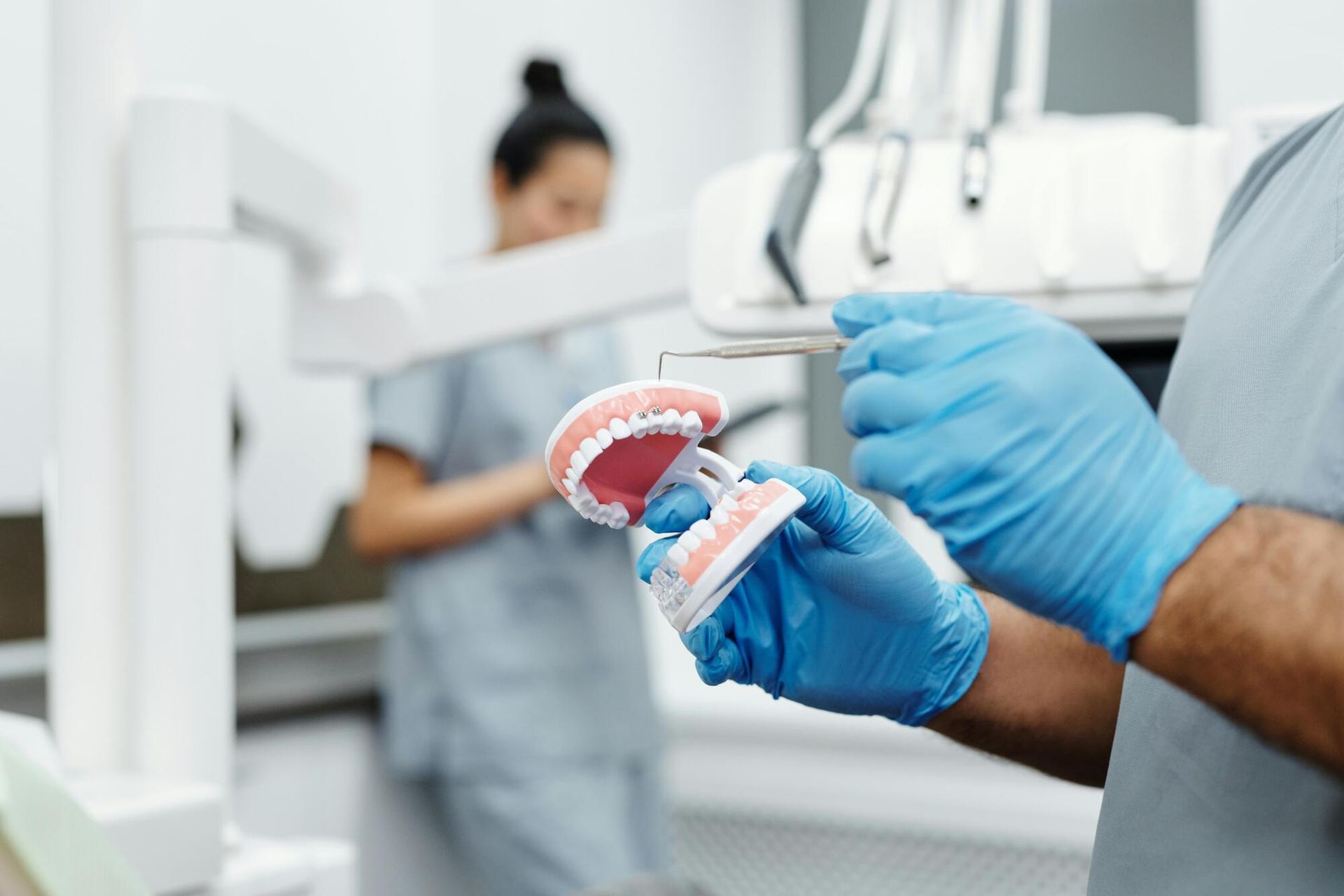What to Consider Before Getting Dental Implants
Around 26 percent of adults 65 and older have eight or fewer teeth. Unfortunately, when you have severe tooth loss, which is defined as eight or fewer teeth, it makes it harder to eat a healthy diet of meat, fruits, and vegetables.
Fortunately, solutions like dental implants exist. Are you
considering getting dental implants to replace your missing teeth? There's some basic information you need to know before you proceed.
Keep reading to find out more about the dental implant process.
What to Consider Before Getting Dental Implants
Before you make the decision to get dental implants, there are a few things you should consider. First, you need to make sure that your jawbone is strong enough to support the implants.
Second, you need to be aware of the risks and complications associated with dental implant surgery. Finally, you need to be prepared to commit to a long-term care plan for your dental implants.
If you are ready and willing to take on these challenges, then dental implants may be right for you.
Pros and Cons of Dental Implants
Dental implants are an increasingly popular choice for those looking to replace one or more missing teeth. But as with any major decision regarding your health, it's important to be well informed about all of your options before settling on a course of treatment. To help you make an informed decision, we've put together a list of the pros and cons of dental implants.
Pro: Permanent Solution
Dental implants are a permanent solution for missing teeth. Unlike dentures or bridges, which can slip or come loose over time, dental implants are securely anchored in the jawbone, providing a long-term, stable solution for tooth replacement.
Pro: Act Like Natural Teeth
Dental implants look and function just like natural teeth. With proper care, they can last a lifetime!
Pro: Preserve Facial Structure
Dental implants can help preserve your facial structure by preventing bone loss in the jaw that can occur when teeth are missing. This helps you avoid the sunken-in appearance that often accompanies tooth loss as you age.
Pro: Improve Overall Dental Health
Dental implants can improve your overall oral health by making it easier to keep your mouth clean and free of bacteria and plaque build-up. They don't require special care or cleaning; you can brush and floss them just like your natural teeth.
Con: Require Surgery
Dental implants require surgery to place, so they may not be right for everyone. Those with certain health conditions may not be candidates for implant surgery due to the risk of complications. Be sure to discuss your medical history with your dentist to see if dental implants are right for you.
How to Know if You Are a Candidate for Dental Implants
If you are missing one or more teeth and would like to have them replaced, you may be a candidate for dental implants. Dental implants are a permanent solution for tooth loss and can give you back your smile.
The first step is to consult with your dentist to see if dental implants are right for you. Your dentist will evaluate your oral health and discuss your treatment options with you. If you are a good candidate for dental implants, the next step is to have a consultation with an implant dentist.
During the consultation, the implant dentist will review your medical history and perform a thorough examination of your mouth. He or she will also take X-rays to determine the size and shape of your jawbone and the location of your nerves. Based on this information, the implant dentist will develop a treatment plan that is specific to your needs.
If you decide to move forward with dental implants, the next step is to have the implant surgery. The surgery is typically performed under local anesthesia in an outpatient setting.
During the surgery, posts will be placed into your jawbone, where they will fuse with the bone over time. Once the posts are in place, artificial teeth (called crowns) will be attached to them.
After the surgery, it will take some time for you to heal and for the implants to fuse with your jawbone. Once this process is complete, you will have a new set of permanent teeth that look and function just like natural teeth!
Recovery and Care for Dental Implants
If you're considering dental implants, it's important to be aware of the potential risks and complications associated with the procedure. While most people don't experience any problems, it's still important to be informed before making a decision.
There are three main types of complications that can occur with dental implants: infection, nerve damage, and sinus problems. Infection is the most common complication and can happen at any stage of the implant process.
Nerve damage is a less common complication but can occur if the implant placement site is too close to a nerve. Sinus problems can occur if the implant placement site is too close to the sinus cavity.
The best way to avoid any complications is to choose an experienced implant dentist who has a good track record. Be sure to ask about your dentist's success rate with implant procedures and what their complication rates are.
Recovery from dental implants is typically quick and easy. Most people feel back to normal within a week or two after the procedure. However, it's important to follow your dentist's instructions for care during the recovery period to ensure that everything heals properly.
Visit Your Local Dentist in Jersey City, NJ
Dental implants are a great option for people who are eligible for them. They can help restore your smile and allow you to eat normally.
Are you interested in learning more about the implant process and whether dental implants are right for you?
Request an appointment with Dental Spa today to talk to your local dentist in Jersey City, NJ, about dental implants.











